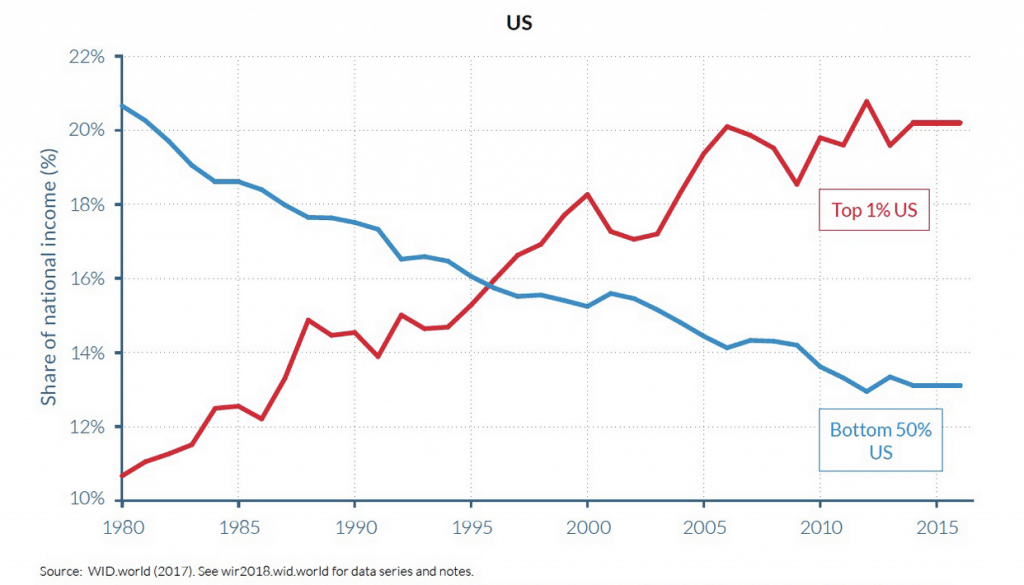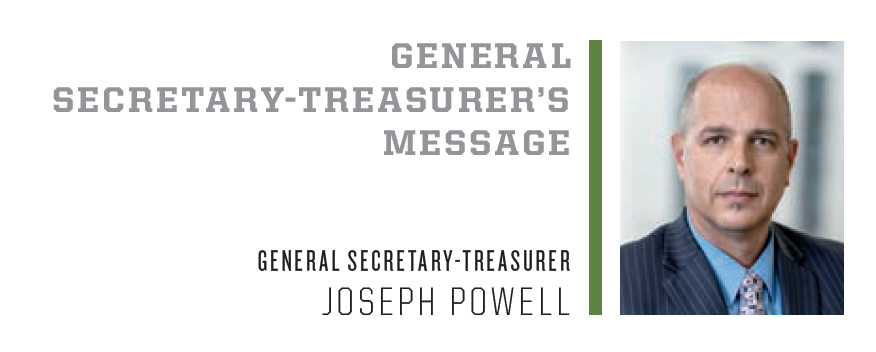

We are in the age of the Great Resignation. No matter what you hear about it, this has always been avoidable.
Everywhere you look, there are stories about employers struggling to hire and retain workers. We see reports about retail stores and restaurants slashing hours and closing early during the week due to staffing shortages. Grocery stores are offering retention bonuses to recruit qualified workers, and even in our industries there are hiring bonuses for workers looking to travel to large-scale projects across North America.
Last summer, some political leaders argued that these labor shortages were caused by the enhanced unemployment benefits available to workers for a short time after COVID came to our shores. If that were true, job openings would have been quickly filled as soon as those benefits expired. But that did not happen. Instead, the expiration of benefits made no measurable impact at all, while so-called labor shortages continued to increase.
The current situation was caused by decades of trickle-down economics that created a vast gulf between those that work for a living and the one percent.
The fact of the matter is that the current situation was caused by decades of trickle-down economics that created a vast gulf between those that work for a living and the one percent.
In the 20 years prior to February 2021, one year after the start of the COVID-19 pandemic, the resignation rate for workers in the United States never exceeded 2.4% of the total workforce. Normally, high quit rates are an indicator of worker confidence in the ability to get higher paying jobs. This happens during times of high economic stability and low unemployment rates.
While unemployment has been lowering – especially during the last 12 months – wages did not keep in line. In fact, workers’ wages have been stagnant for so long that they remained flat, with increases in productivity and lowered unemployment having little to no effect. COVID may very well have been the straw that broke the camel’s back. New restrictions and an increased workload, along with no or little change in pay, saw a massive backlash against 40 years of corporate policies that have depressed wages and working conditions. Workers in the U.S., many paid low wages and described as “essential” during the early stages of the pandemic, were now forced into working overtime in short-staffed conditions while being underpaid, they learned very quickly that it wasn’t only about whether or not you could get injured on the job. For many frontline workers, going to work could kill or seriously harm you or your family members: a risk many considered too great for work that has been increasingly underappreciated and undervalued.
At SMART, we have developed and revised COVID protocols and resources for members to stay up to date and help us protect ourselves from the ongoing pandemic. Your safety, dignity and the health of you and your family are basic foundational labor values. We will continue to stand by them and to advocate for all workers – including those whose employers and politicians have ignored them for far too long – as we build our nations back from the horrors of this pandemic.
Fraternally,

Joseph Powell
SMART General Secretary Treasurer
Related News
- Special Focus: SMART sisters bring the noise to Washington, DC
- Seizing the moment for our families
- Building a labor movement that secures our future
- The stage is set for important advancements in 2024
- Forging the future
- SMART-TD members ratify BNSF tentative agreement
- SMART RME wins major victory for furloughed members
- A year of progress: Looking back on BE4ALL’s 2023
- SMART-TD helps win two-person crew in N.Y.
- High-speed rail projects will create jobs for SMART members